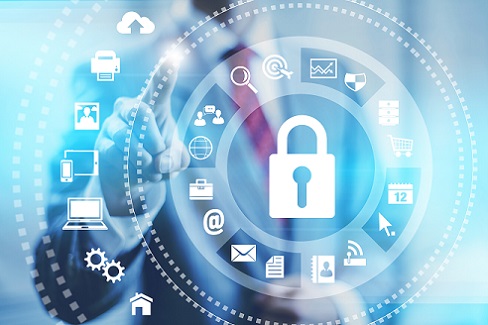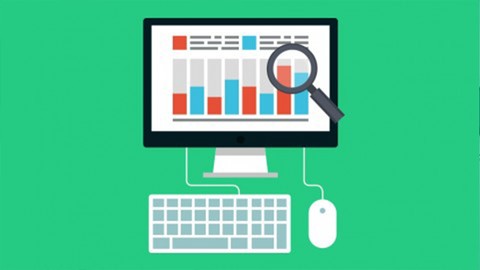The swift move to remote do the job can elevate protection concerns for corporations that will have to now lean greatly on their cloud methods. In some conditions, groups might be relying on familiar systems and platforms that were set up well in advance since of accelerated electronic transformation and cloud migration. For other corporations, this might truly feel like a trial by hearth. Protection solutions enterprise Optiv and business application developer Atlassian supply some perception on what corporations must contemplate when it arrives to cloud protection issues during the COVID-19 outbreak.

Impression: Mikko Lemola-AdobeStock
Adrian Ludwig, Atlassian’s chief facts protection officer, says his enterprise has workforce all over the environment and the the greater part of the business enterprise is cloud primarily based. “With two exceptions, we really do not run our individual information facilities,” he says. Worker laptops make up the major components applied by Atlassian, Ludwig says, and in current decades, the enterprise place protection steps in spot to authenticate units persons use. Even with individuals techniques, he says the enterprise continue to ran into some hiccups in current weeks when the total team was directed to do the job from household. “The potential we had for our VPN was nowhere around as big as it wanted to be,” Ludwig says. “That was discovered out in a rolling cascade of failures.”
This led to changes in routing, he says, in purchase to restore secure access to companies. Atlassian follows the zero-trust networking theory with various company applications assigned varying amounts of defense. “Our most delicate applications are only accessible from a company unit,” Ludwig says, with considerably less-delicate regions obtainable as a result of particular units.

Impression: Atlassian
Protection techniques that he endorses corporations contemplate incorporate categorizing applications to establish which kinds are applied day-to-day and therefore will be wanted remotely. Then corporations must contemplate the approaches remote groups will faucet into individuals methods, Ludwig says, and prioritize securing individuals connections. “Think about what that access looks like and how end users will authenticate to that,” he says.
Joe Vadakkan, world cloud protection leader at Optiv, says several enterprises now had some sort of remote program or remote workforces to some diploma. “From their viewpoint, it is just about scaling it at a increased level,” he says. That involves raising VPN access and virtual desktops, which can also imply increased hazard.
The move to remote do the job however improves the require for protection awareness teaching, Vadakkan says, as workforce changeover from functioning within just the controls of on-prem infrastructure. For illustration, an personnel at household might use a particular notebook for sake of benefit to obtain delicate information or log into enterprise electronic mail and other methods. “Those are some of the optimum-hazard regions from an close-user standpoint,” Vadakkan says.
There are protection methods obtainable, he says, with companies these kinds of as Amazon WorkSpaces and Microsoft’s Virtual Desktops that can be applied with speedy and nominal established up.
Controls and guardrails require to be set up for observability and monitoring in the cloud, Vadakkan says, as corporations make this shift to remote. Protection cleanliness will have to enhance to preserve up as dangers escalate, he says. Lapses in human actions could unwittingly generate factors of publicity that hackers might endeavor to exploit. “During this time, persons are likely to be spinning up a ton of workloads without having protection controls,” he says. “That is certain to materialize.”
Questions Vadakkan says corporations must go over incorporate potential preparing and matching principles to the raising volume of remote do the job. “Traditionally, enterprises that are hazard averse have everything locked out,” he says. “Anything which is not company IP is just shut down. Handling that at a increased scale is on the checklist.”
Firms might have continuity ideas in spot and Vadakkan says it is important for individuals ideas to incorporate an comprehending of information governance as persons do the job from household. He suggests examining information loss prevention steps and go over ramifications of business enterprise communications having spot over nonsecure, commercial versions of methods these kinds of as Skype, Google Talk, or cell texting. As persons function exterior a company network, the possibilities boost that they might use a plethora of unsecure conversation that might move more rapidly or are less complicated to access. The challenge is that making use of these kinds of conveniences might run the hazard of exposing the enterprise to bad actors who have been ready for someone’s guard to arrive down. “We are now see substantial phishing strategies likely on all over COVID-19,” Vadakkan says.
For a lot more on know-how and the coronavirus:
Coronavirus: 8 Tech Strategies for Functioning From Residence
Preventing the Coronavirus with Analytics and GIS
Building a Continuity System for the Put up-Coronavirus Environment
Joao-Pierre S. Ruth has spent his job immersed in business enterprise and know-how journalism very first masking community industries in New Jersey, later on as the New York editor for Xconomy delving into the city’s tech startup group, and then as a freelancer for these kinds of outlets as … Perspective Full Bio
Much more Insights




